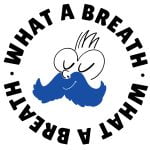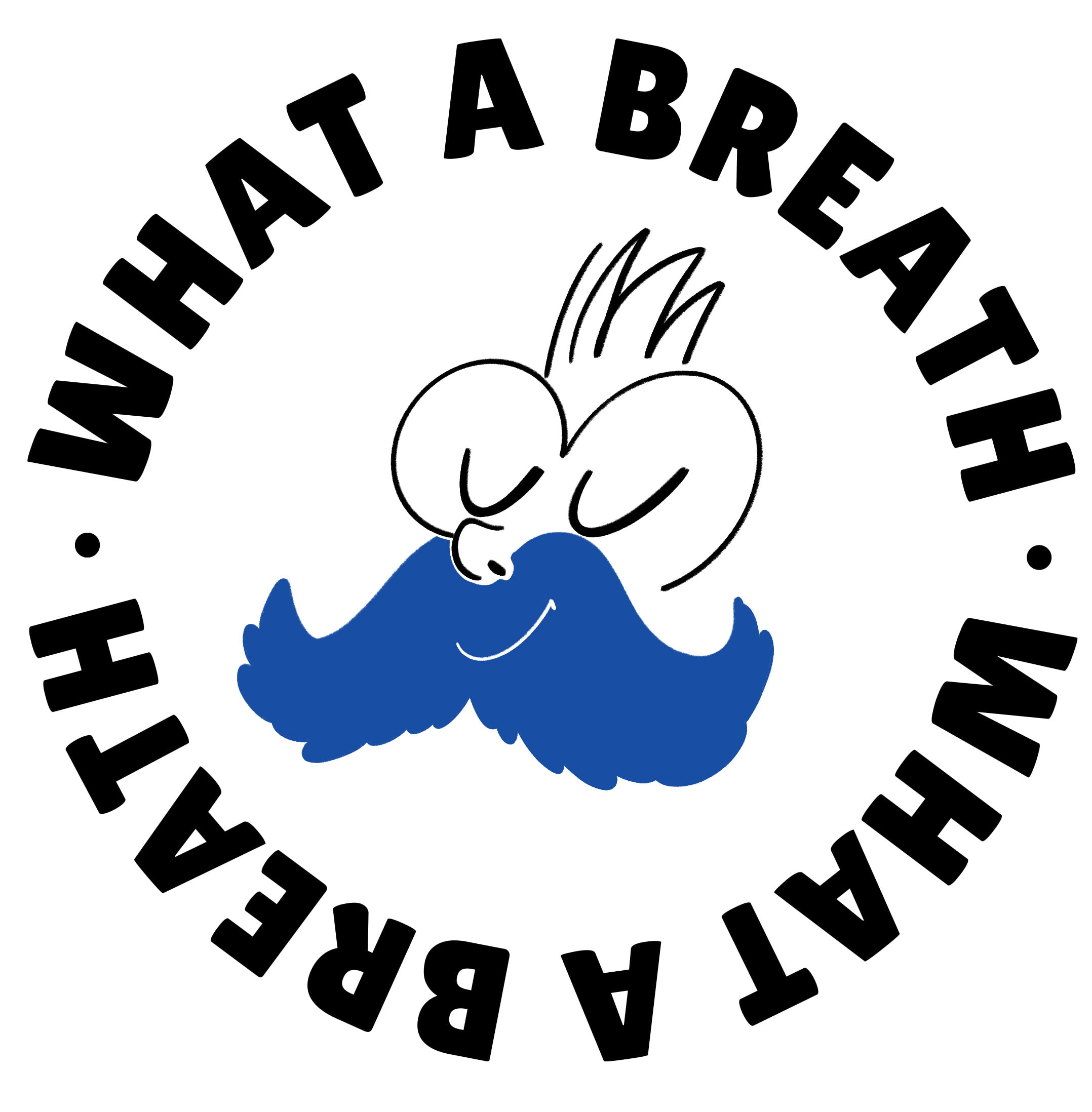Breathing is something we do thousands of times a day without even realizing it. Yet, if we pause to observe it, we discover it holds extraordinary power. Mindful breathing is exactly this: bringing awareness to the breath, without judgment, simply perceiving it.
It’s not about immediately changing its rhythm or forcing it, but about learning to listen. It’s an invitation to connect with your body and with the present moment. When we become aware of our breath, we stop living automatically and begin to live more fully. It is the first step toward inner calm and a deeper connection with ourselves.
Why it matters
Mindful breathing is closely linked to mental and emotional well-being. We often get trapped in thoughts of the past or future, rarely living in the present. Focusing on the breath brings us back to the “here and now,” creating an immediate grounding effect.
From a physiological perspective, breathing directly impacts the nervous system. Shallow, rapid breathing fuels stress, while slow, mindful breathing stimulates the parasympathetic system, which is responsible for relaxation. That’s why even a few minutes of practice a day can reduce anxiety, lower heart rate and improve sleep quality.
Mindful breathing also sharpens concentration. Focusing on the breath trains the mind to stay stable, reducing the tendency to wander from one thought to another.
How to start practicing
The simplest way to approach mindful breathing is to sit in a quiet place, close your eyes and notice the flow of air in and out. Nothing needs to change: the breath can be short, long, irregular or deep, and that’s fine. The goal is not to control but to observe.
Over time, you can start to notice more sensations: the cool air entering the nostrils, the chest rising, the belly moving up and down. Each detail becomes an anchor for the mind.
A very useful exercise is counting breaths, for example from one to ten, then starting again. When you notice distraction, don’t get frustrated: simply return to the count. This simple method helps maintain focus and develop patience toward yourself.
Common challenges
At first, staying focused may seem difficult. The mind tends to wander and fill with thoughts. This is normal and doesn’t mean you’re doing it wrong. Mindful breathing isn’t about achieving perfect attention: each time you notice distraction and return to the breath, you are already practicing.
Another challenge is impatience. We’re used to wanting immediate results, but mindful breathing doesn’t work that way. Its benefits emerge gradually, often subtly. Consistency is more important than duration. Even just a few minutes a day, practiced regularly, can profoundly shift your sense of well-being.
Everyday benefits
Practicing mindful breathing brings positive effects to many aspects of life. It reduces stress levels, helps maintain calm in tense moments and improves emotional regulation. Many people use it as support during anxiety episodes or before challenging situations, like a job interview or public speaking.
Another benefit is greater body awareness. We’re often disconnected from our physical selves, lost in thought. Returning to the breath reconnects us with how we truly feel.
Sleep also improves: mindful breathing before bed helps slow down the pace, quiet racing thoughts and prepare the body for rest. Over time, this practice strengthens the immune system and enhances overall quality of life.
Integrating mindful breathing into daily life
One of the best things about mindful breathing is that it requires no extra time or special place. It can be practiced anytime. You can do it in the morning, during a work break or even while walking
A helpful trick is linking it to a daily gesture: for example, each time you turn on the computer or pour a glass of water, pause for three mindful breaths. In this way, it becomes a natural habit, not an extra task.
With time, mindful breathing stops being just an exercise and becomes a lifestyle. It’s no longer about “finding five minutes to breathe,” but about living each day with greater awareness, making breath the thread that unites body and mind.
A simple act, a deep impact
Mindful breathing may seem like a trivial act, but it holds transformative power. It’s an invitation to pause, to step out of autopilot and to choose presence. No special skills or tools are needed: only your own breath, always with you.
Practiced regularly, it becomes a reserve of calm and clarity to draw upon in challenging times. This breath work is a gift to yourself—simple, free, and capable of improving life quality. After all, each mindful breath is a small step toward a more authentic and peaceful life.






